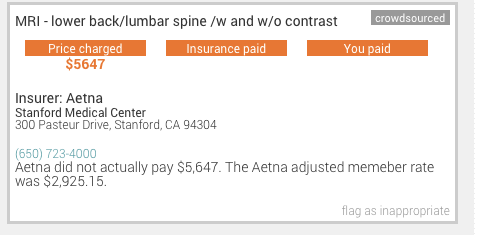
Stanford Hospital and Clinics -- now known as Stanford Health Care -- is ending its contract with Anthem Blue Cross effective Sunday night at midnight. The move could affect 10,000 patients.
According to both Stanford and Anthem spokespersons the two sides had reached agreement on a two-year contract. But Stanford seeks a third year; Anthem does not. The two parties could not come to terms as of Friday, so there is no new contract.
Stanford said the current contract ends Sunday, and since they do not have a deal for a new contract, they opted to terminate.
But, Anthem sees the termination of the contract as unnecessary. "Nothing compels (Stanford) to terminate on Sunday night," said Anthem spokesman Darrel Ng.
In a letter sent Friday to Stanford Health Care president Amir Dan Rubin, Anthem's president Mark Morgan wrote:
"I respectfully request that Stanford Health Care rescind its contract termination so that our members can have uninterrupted care. We have already agreed on terms for the next two years, and it would be unfortunate to subject our members to any disruption in their care during prolonged negotiations."
Morgan also wrote that if Stanford moves forward with termination of its contract, "Anthem members will be liable for chargemaster rates." Chargemaster rates are essentially the list price, usually multiples higher than what insurers pay to providers.
